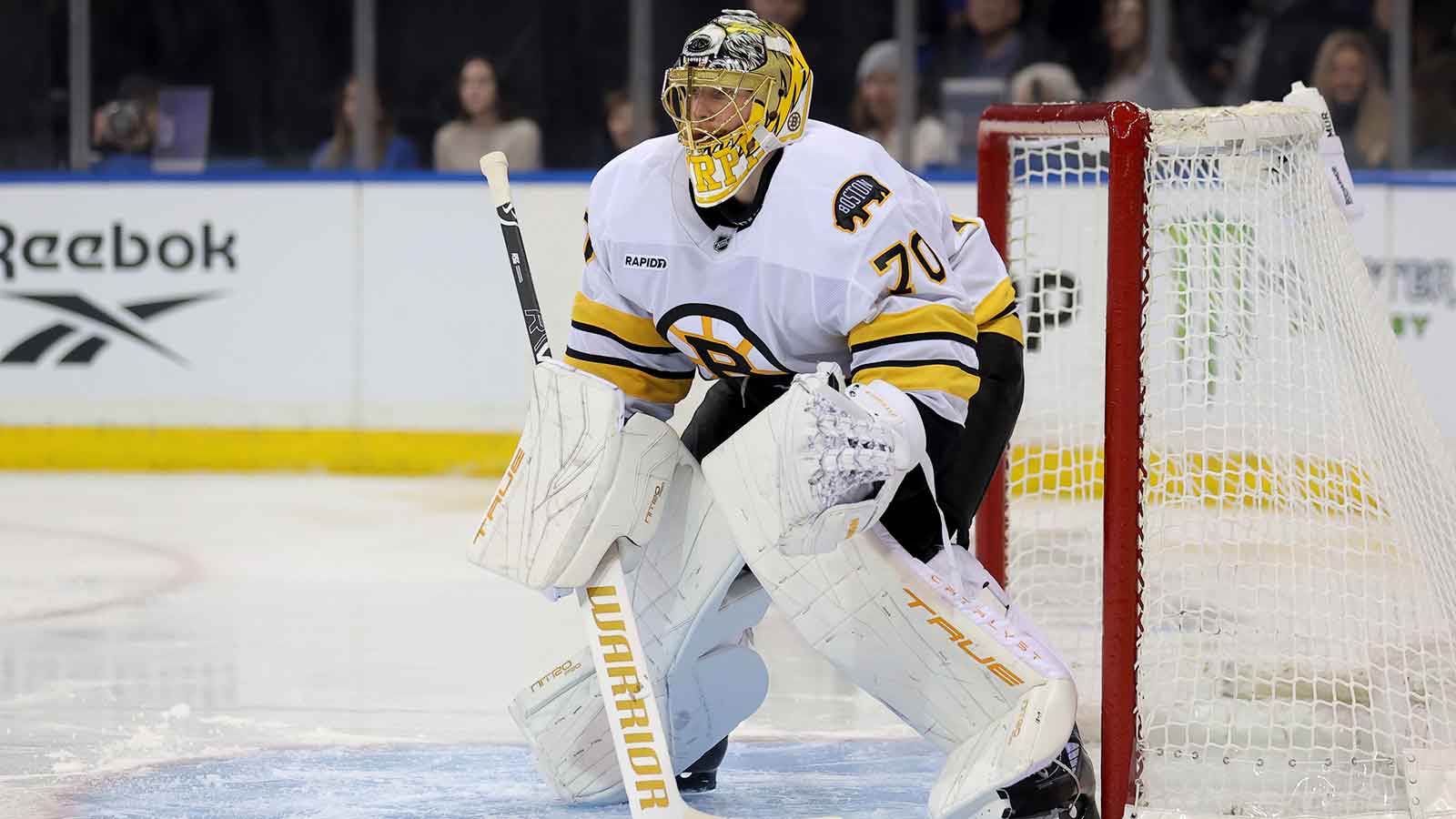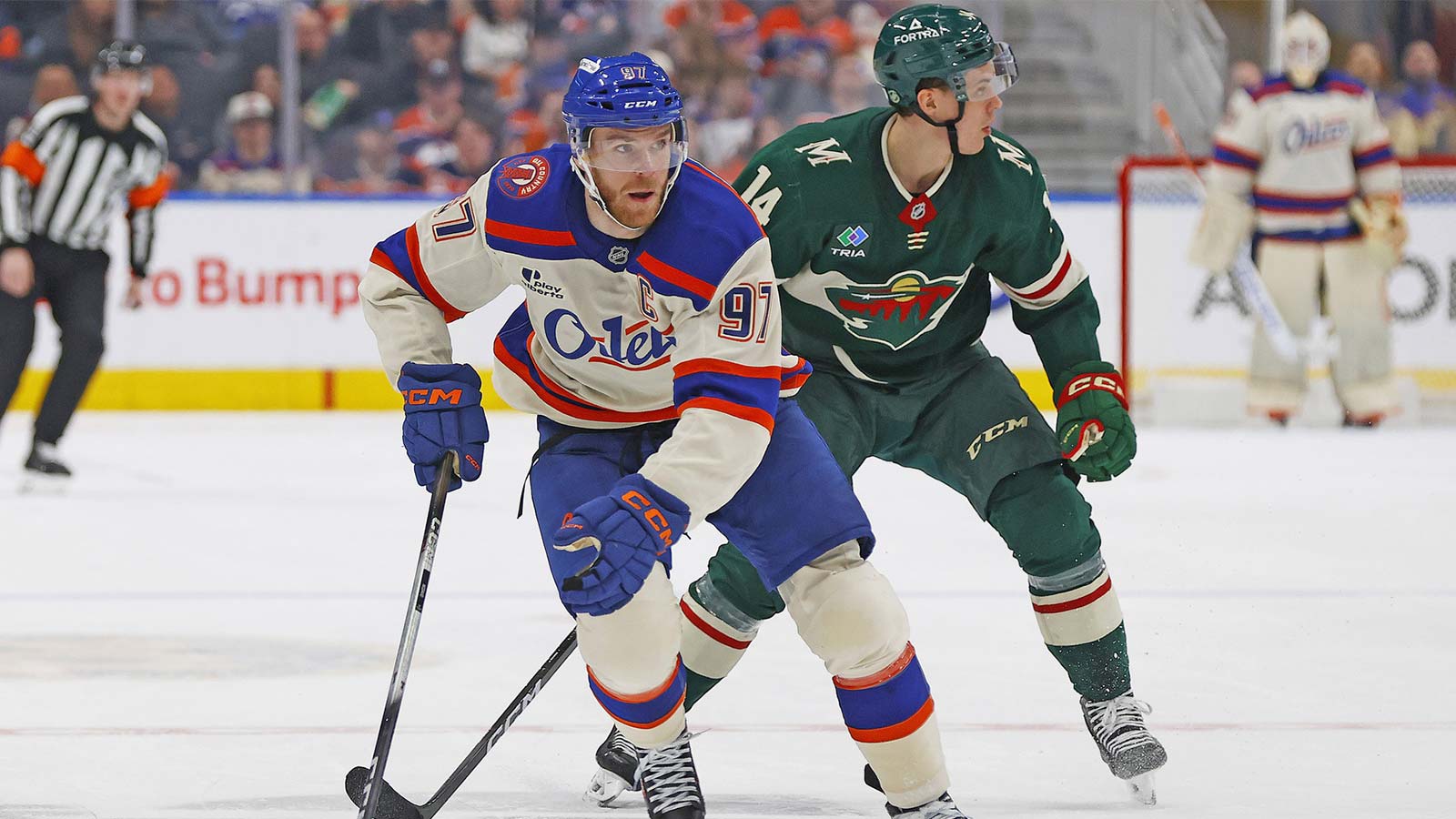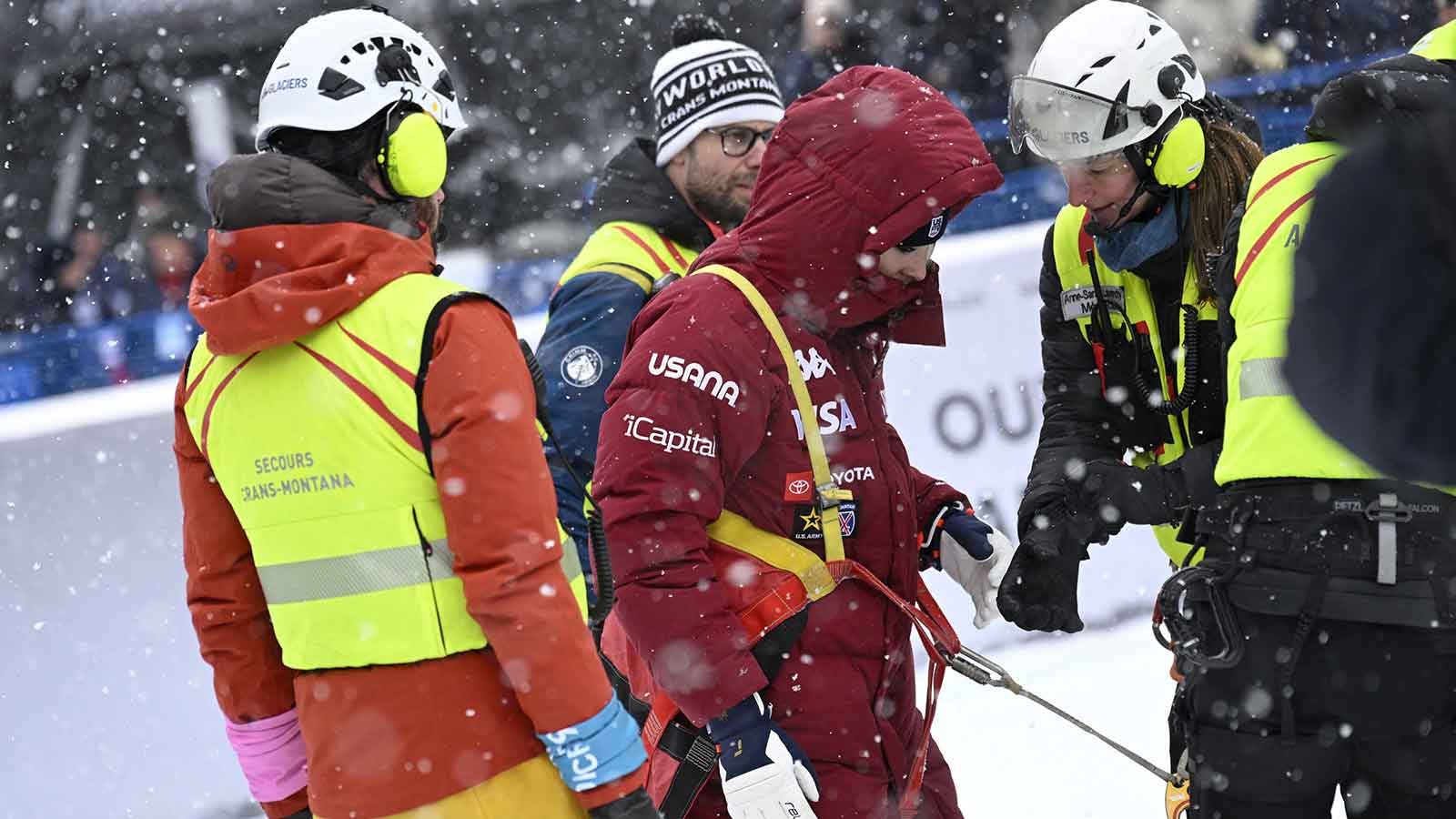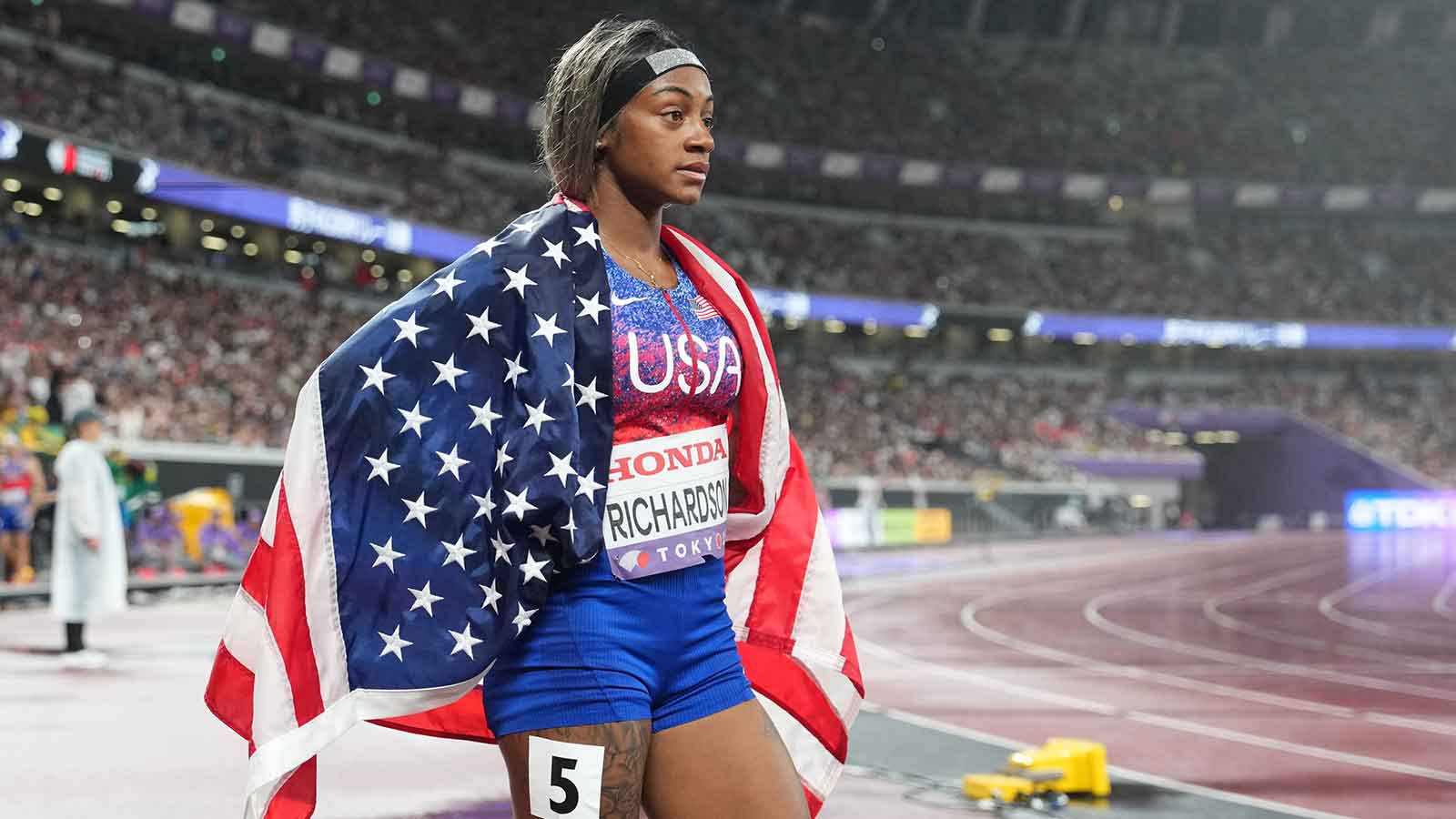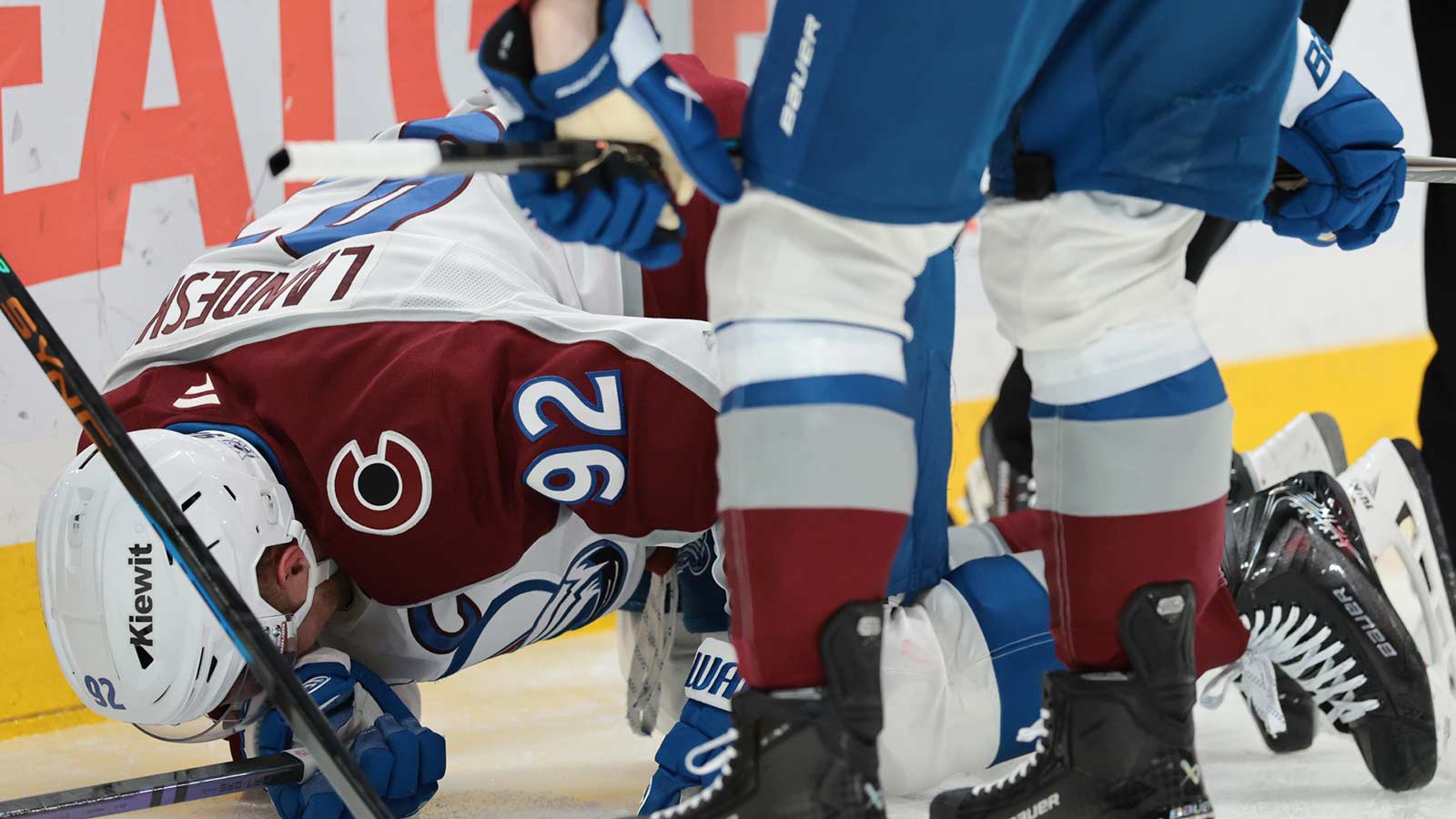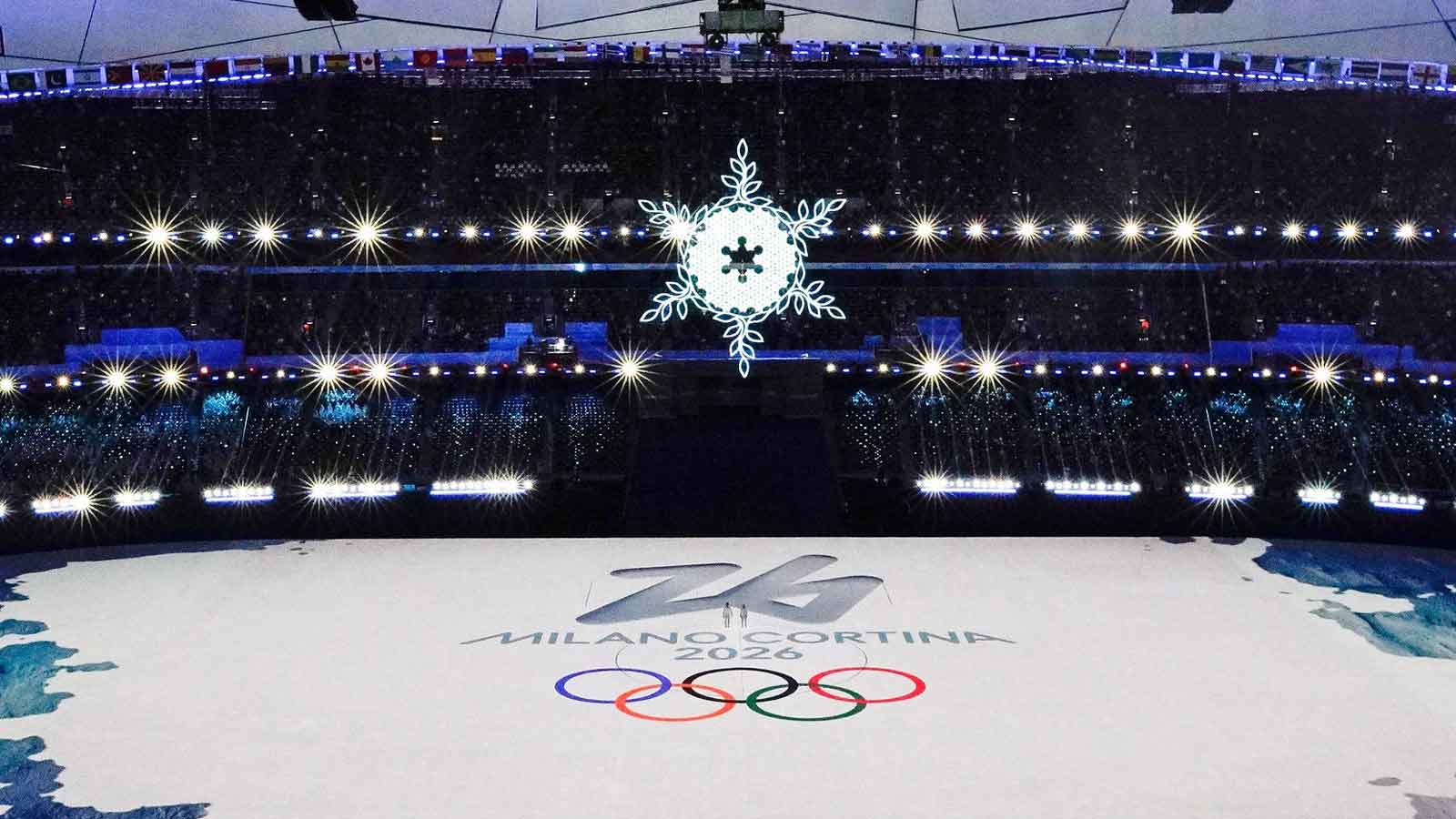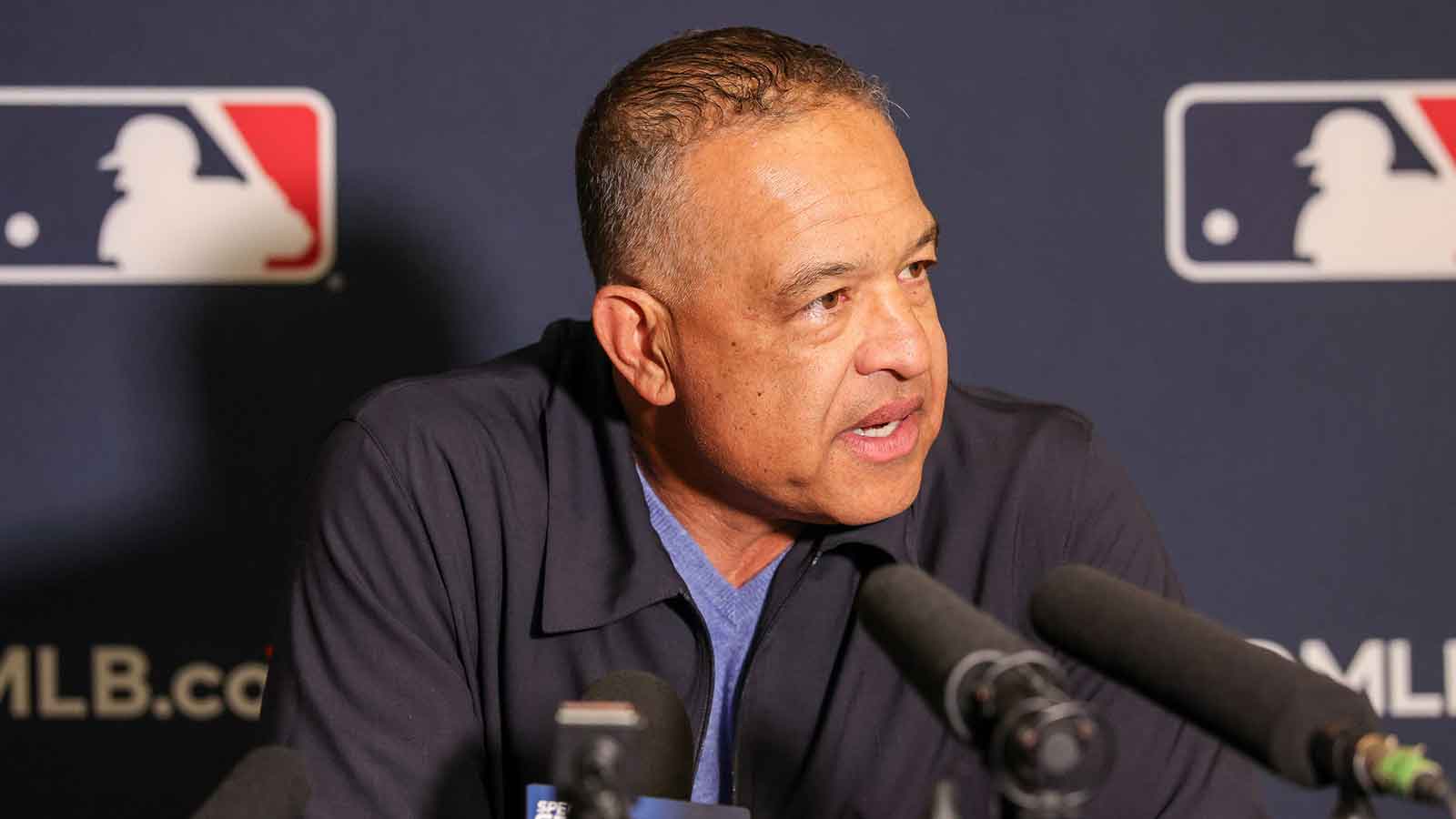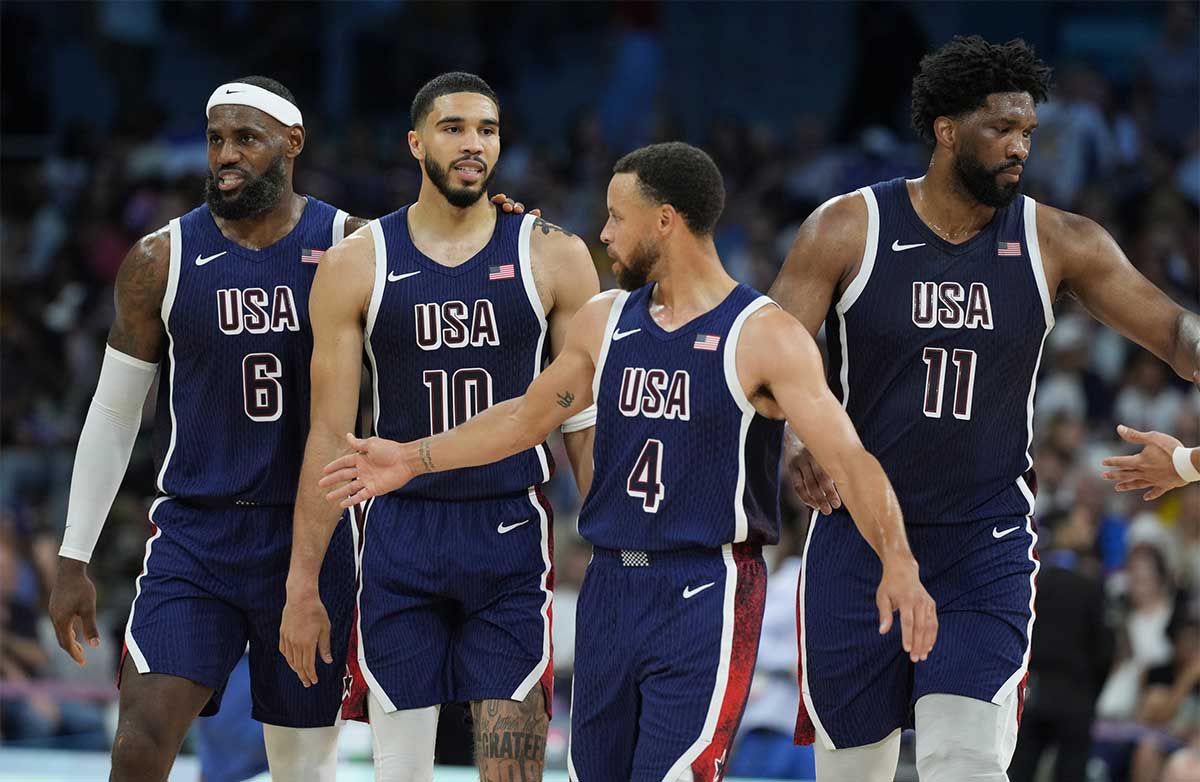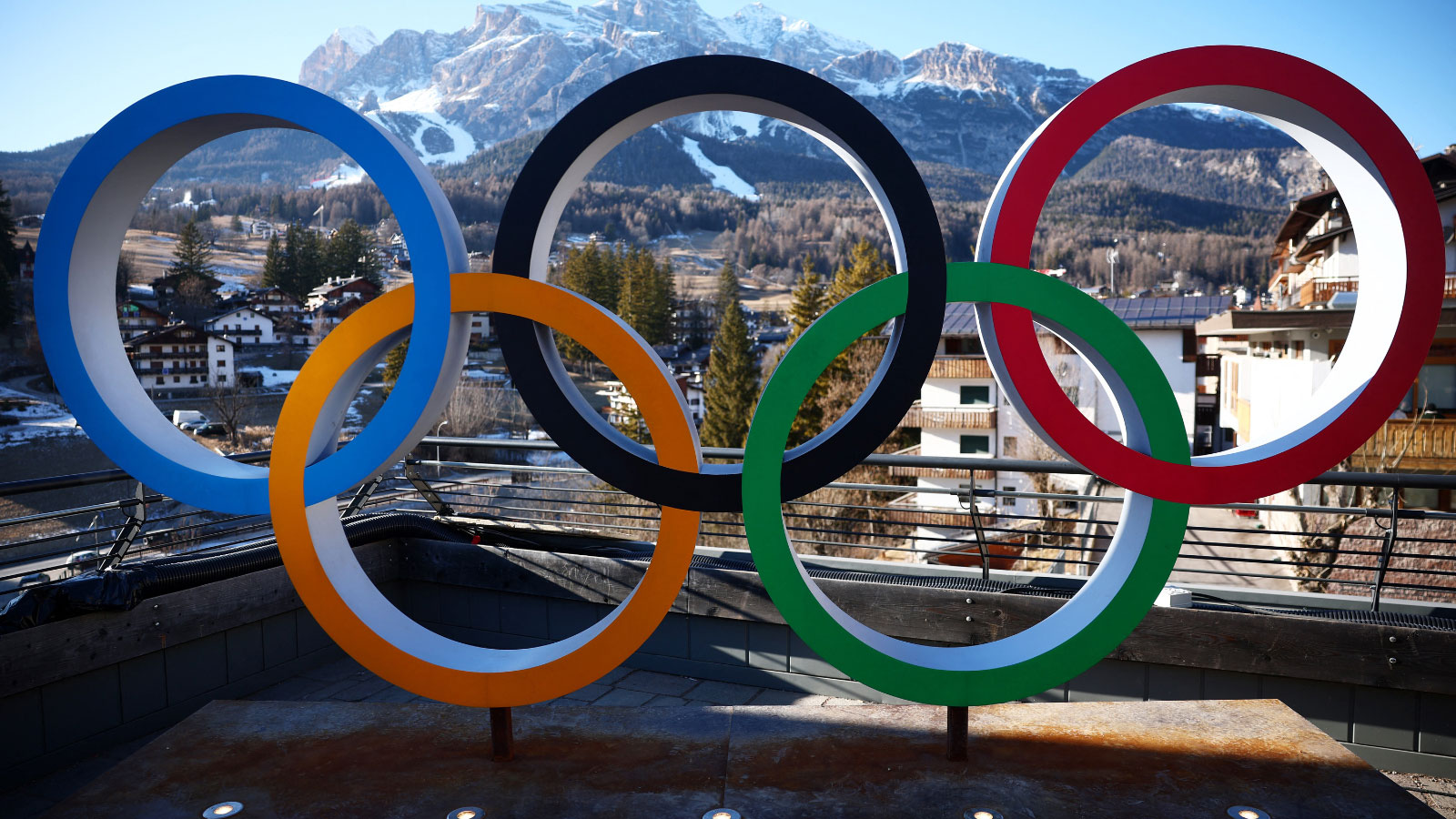After being bombarded with wide-ranging, often misinformed criticisms from everyone from Logan Paul to political candidates, Olympic boxer Imen Imane Khelif had some positivity come her way from former WWE Intercontinental Champion Sami Zayn, who issued a public vote of confidence for the Algeria-born athlete.
Zayn's words come shortly after Thomas Bach, the International Olympic Committee President, issued his own strong support of Khelif and fellow boxer Lin Yu-Ting, who has earned similar criticism online.
“We have two boxers who were born as women, who have been raised as women, who have a passport as a woman, and who have competed for many years as women,” Bach said via NBC News.
A featured member of the WWE Universe who has often used his platform to speak out on the wrongs he sees throughout the Muslim world, Zayn, the son of Syrian refugees who grew up just outside of Montreal, Quebec, Canada, is coming off of his own title reign with the Intercontinental Championship, which he won at WrestleMania 40 and dropped to Bron Breakker at SummerSlam last weekend.
With an Olympic medal already secured ahead of the women's boxing finals, Khelif, too, will soon get to call herself a champion with either a gold or silver medal to show for her efforts, and when that happens, it's safe to say the “Underdog from the Underground” will be one of the first people to shower her with praise for a job well done.
Sami Zayn respects WWE for allowing him to be a positive influence
Never one to shy away from controversy if it means standing up for the underdogs from the underground, Zayn spoke openly about being a Muslim of Arab descent in WWE around his first trip to Saudi Arabia in years for Night of Champions, where he defended his Undisputed WWE Tag Team Championship belts with Kevin Owens against Roman Reigns and Solo Sikoa.
After growing up watching Muslim performers being booked as heels or, worse, offensive caricatures, Zayn is proud he's able to be a positive influence for young fans on WWE television, especially on a Middle East-based show like Night of Champions.
“That was a pretty big deal for me, for a number of reasons. That whole trip was really remarkable. I guess, on some level, even as a child, being an Arab or Muslim growing up, never really seeing a positive representation of that in media. I always just assumed if I ever got to WWE that I would have to play a terrorist — I don't know if you can use that, but you know what I'm saying — that was the perception and portrayal of Arabs and Muslims on television, never mind WWE, just in media. It was always sort of a thing in the back of my head, ‘Man, I'd love to change that one day,'” Zayn told Alex McCarthy of Inside The Ropes via Fightful.
“To be able to really embrace that. The fact that even a major premium live event like that was coming and it wasn't just like…those early Saudi Arabia shows felt very not WWE-ish. ‘Here is a WWE show taking place somewhere else,' and we happened to be able to watch it. Now, that was a seamless part of the show. It was a progression in the story with the Bloodline and everything else, and it just happened to be in Saudi Arabia. For that to converge with this wonderful story that I've been lucky enough to be part of for the last year, for that to converge with this moment of me being able to come before my people and be there and have that sort of return, under those circumstances, was very special.”
While WWE is far from perfect when it comes to positive representation of minority groups and has been rather restrictive of Zayn's ability to show outward support for Palestine since their conflict began with Isreal last fall, things have unquestionably improved versus the not-so-good-old says of the 1980s, 1990s, and even 2000s, when discrimination was a part of being a babyface. If an institution like WWE can become more inclusive, maybe the discourse around the Olympics will soften in the years to come, too.

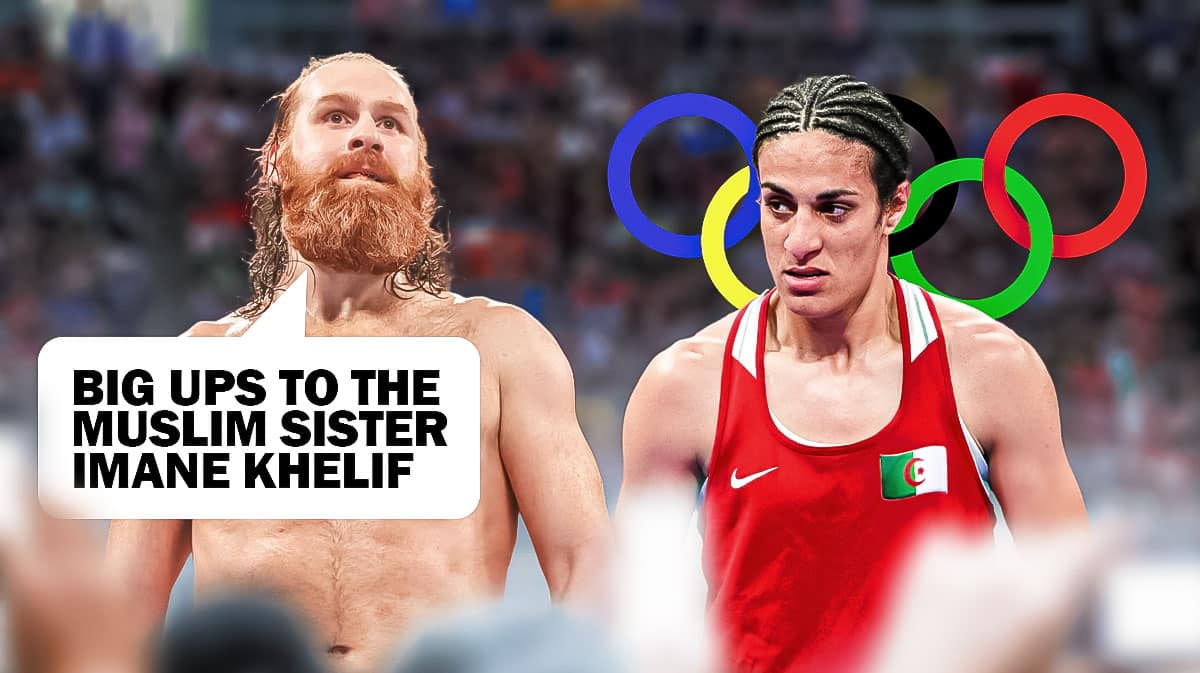





![[US, Mexico & Canada customers only] Jan 21, 2026; Bormio, ITALY; General view of the Olympics logo in preparation for the Milano Cortina 2026 Olympic Winter Games.](https://wp.clutchpoints.com/wp-content/uploads/2026/02/2026-Winter-Olympics-logo.jpg?w=200&quality=90)
![[US, Mexico & Canada customers only] Jan 30, 2026; Crans-Montana, SWITZERLAND; Lindsey Vonn of the United States reacts after sustaining an apparent injury in the women's downhill alpine skiing race during the FIS World Cup. Mandatory Credit: Denis Balibouse/Reuters via Imagn Images](https://wp.clutchpoints.com/wp-content/uploads/2026/02/US-Mexico-Canada-customers-only-Jan-30-2026-Crans-Montana-SWITZERLAND-Lindsey-Vonn-of-the-United-States-reacts-after-sustaining-an-apparent-injury-in-the-womens-downhill-alpine-skiing-race-during-.jpg?w=200&quality=90)
